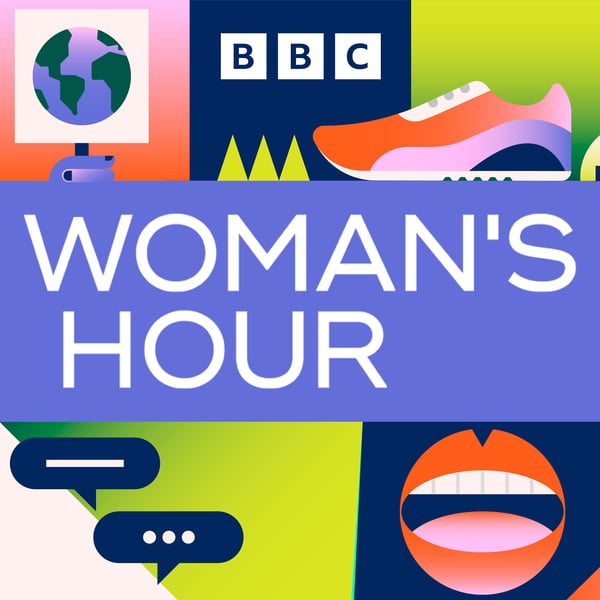Woman's Hour special: AI and women's health
Woman's Hour
BBC
4.2 • 2.9K Ratings
🗓️ 27 March 2025
⏱️ 58 minutes
🧾️ Download transcript
Summary
Technology journalist and author Lara Lewington asks how artificial intelligence can improve women’s health, and what we are ready for it to do for us? From prevention and diagnostics to testing and tracking, we speak to female experts, scientists and practitioners.
Contributors: Madhumita Murgia, AI Editor of the Financial Times Nell Thornton, Improvement Fellow, The Health Foundation Dr Ellie Cannon, GP and author Dr Jodie Avery, Program manager, IMAGENDO Meriem Sefta, Chief Diagnostics Officer, Owkin AI Marina Pavlovic Rivas, Co-founder & CEO of Eli Health Dr Lindsay Browning – Sleep expert and chartered psychologist
Producer: Sarah Crawley
Transcript
Click on a timestamp to play from that location
| 0:00.0 | Did you know that you can listen to many of your favourite podcasts first on BBC Sounds? |
| 0:06.6 | Like Desert Island Discs, where you can hear castaways like Cher, Gareth Southgate and Nick Cave, and enjoy longer versions of the music they've picked. |
| 0:15.7 | Good things come to those who don't wait. Listen to your favourite podcasts first on BBC Sounds. |
| 0:22.8 | Hello, I'm Lara Lewington and welcome to Women's Hour on Radio 4. Hello, I'm a technology |
| 0:28.0 | journalist, broadcaster and author. And today I bring you a special program looking at AI and |
| 0:33.4 | women's health. We've an expert panel to help us understand the potential of AI to transform |
| 0:38.7 | women's healthcare. Could it mean better diagnosis? Might it help us look after ourselves better? |
| 0:45.2 | And if data is AI's fuel, how prepared are we to hand ours over? Artificial intelligence can |
| 0:51.7 | come in many forms, but in simple terms, it's a computer simulation of human intelligence that can perform tasks like learning, reasoning or solving problems. |
| 1:01.9 | But, and this is an important but, AI isn't human. |
| 1:05.7 | So how do we deal with issues of trust and make sure we use it in the right ways, including freeing doctors |
| 1:11.2 | up to better provide empathy and oversight, you know, those human bits. In research for the |
| 1:16.4 | government's women's health strategy, 84% of respondents felt that women's voices had not been |
| 1:21.8 | listened to by healthcare professionals. So how can women and other underrepresented groups |
| 1:27.2 | be heard and diagnosed? |
| 1:29.6 | Some are calling for fairer inclusion in data and research, |
| 1:33.4 | others for greater emphasis on training doctors in women's health issues, |
| 1:37.6 | and how conditions can affect the sexes differently. |
| 1:41.2 | Women in the UK may live longer on average than men, but a significantly higher |
| 1:46.1 | proportion of our lives is spent in poor health. OnS figures for England show it to be around |
| 1:51.4 | 25%. That's a quarter of our lives. And we know there are disparities across the country too. |
| 1:58.2 | So if something needs to change, the question is, can AI drive that? |
... |
Please login to see the full transcript.
Disclaimer: The podcast and artwork embedded on this page are from BBC, and are the property of its owner and not affiliated with or endorsed by Tapesearch.
Generated transcripts are the property of BBC and are distributed freely under the Fair Use doctrine. Transcripts generated by Tapesearch are not guaranteed to be accurate.
Copyright © Tapesearch 2025.

